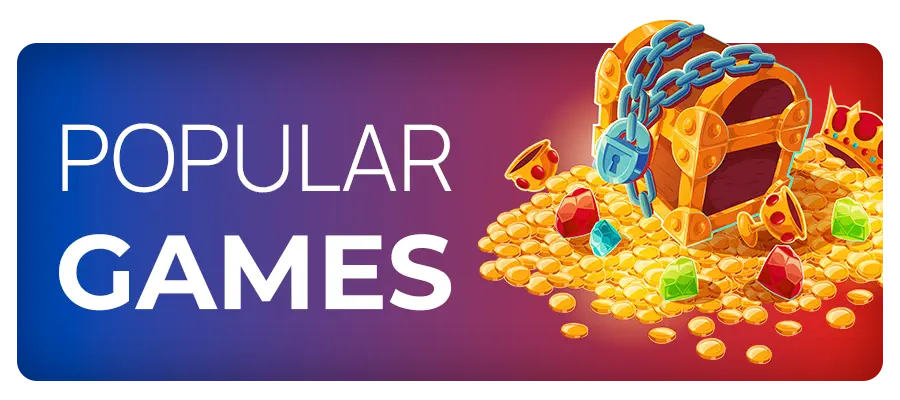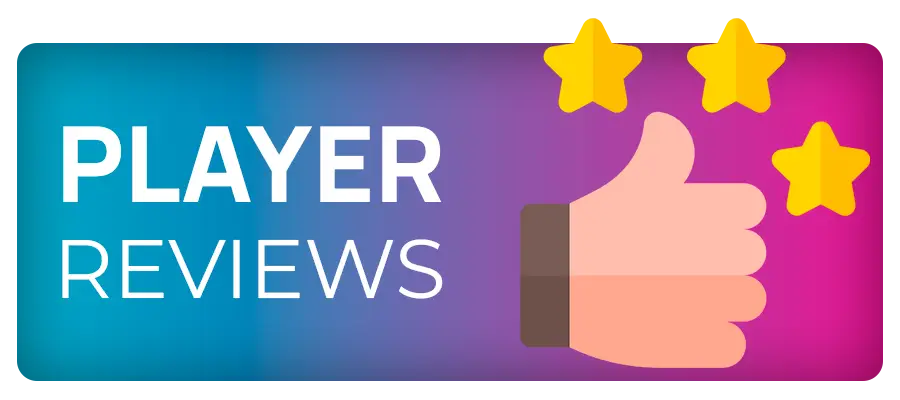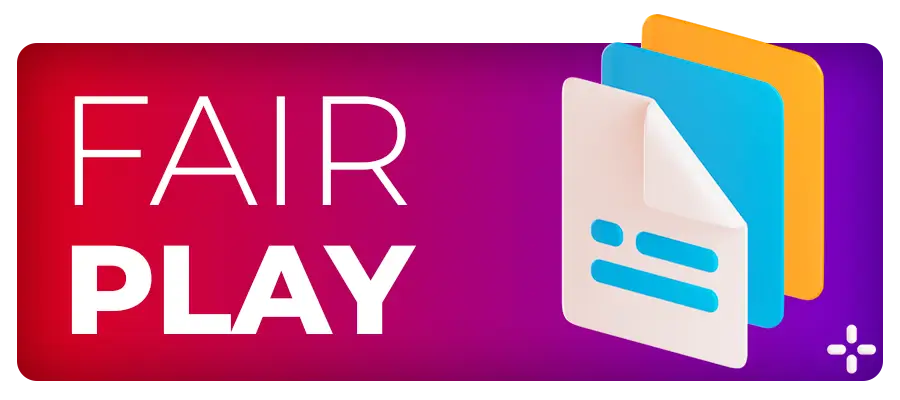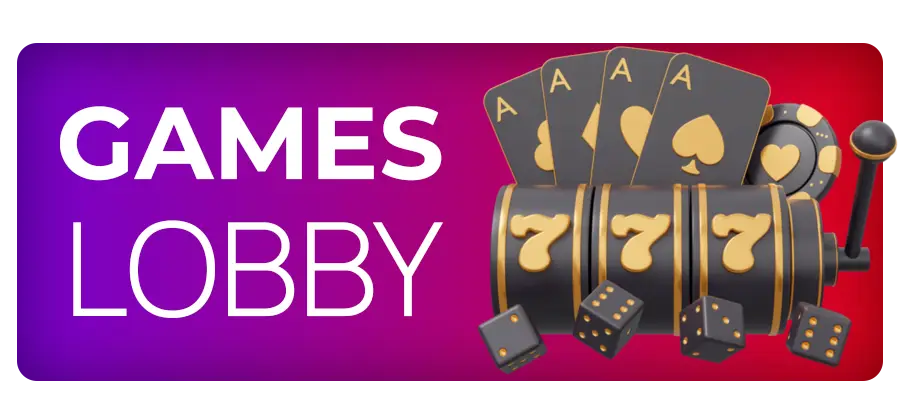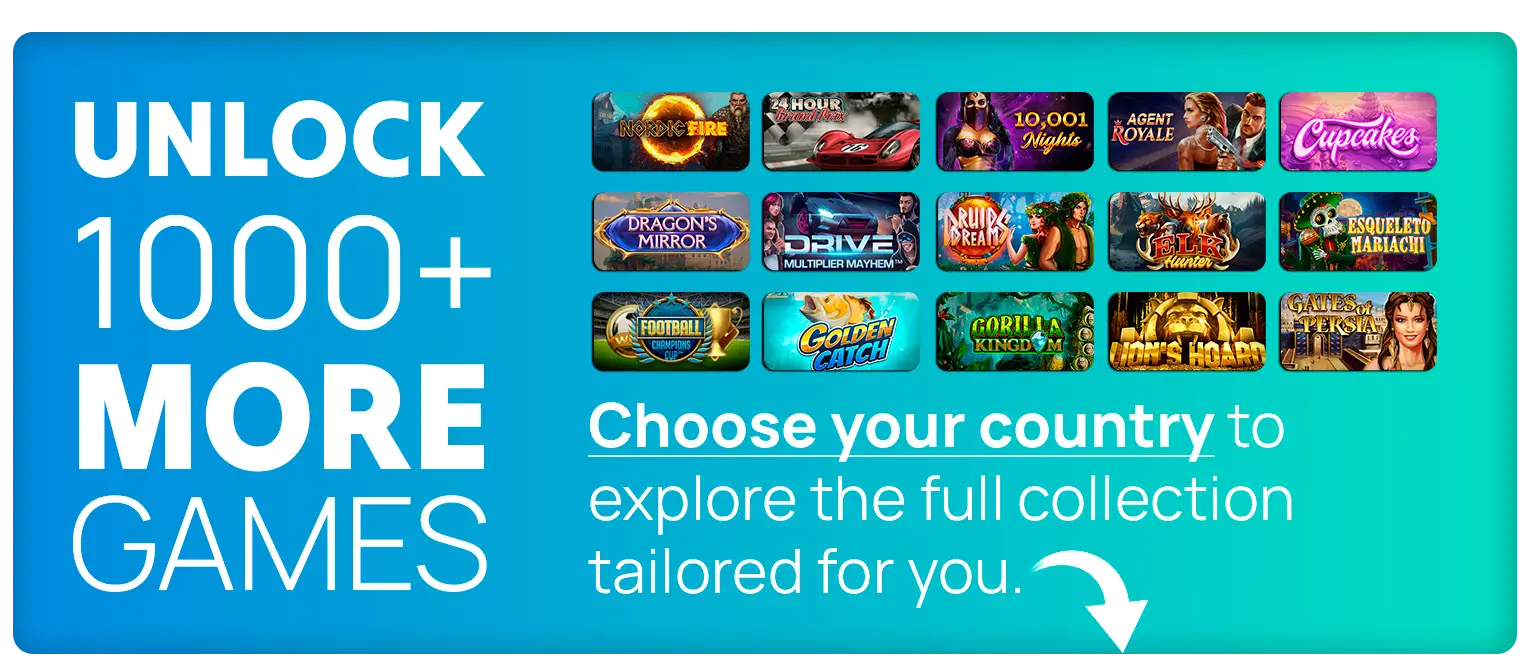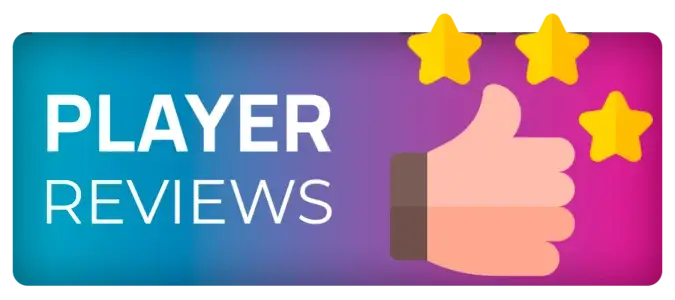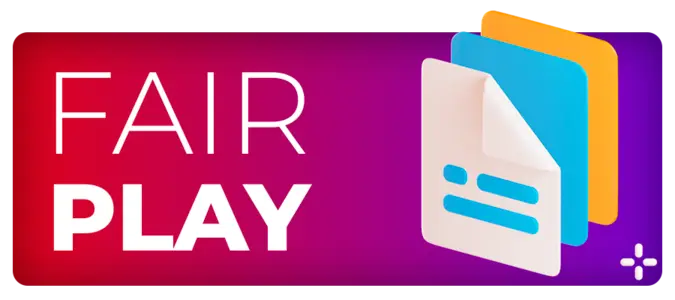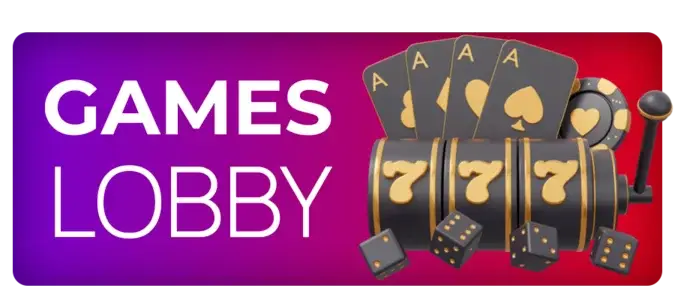
Self-Exclusion For Online Casino Players
Self-exclusion in the online casino sector is a formal process that allows players to voluntarily restrict their own access to gambling platforms for a defined period or permanently. This practice is a core component of responsible gaming policies worldwide and is designed to protect individuals who may be at risk of developing harmful gambling behaviors. In the aggregator context, self-exclusion also serves as a benchmark of quality for the brands listed — demonstrating that a casino prioritizes player safety alongside entertainment. When implemented effectively, self-exclusion systems empower users to take control of their habits while ensuring that operators remain in compliance with licensing requirements and industry best practices.
The process of self-exclusion typically involves a player submitting a formal request to the operator, either through an automated online system or by contacting customer support. The casino then blocks the account for the chosen duration, ranging from a few days to several years. Many jurisdictions require operators to also prevent the individual from creating new accounts during the exclusion period, closing a common loophole in older systems. Aggregators play a vital role in educating players on these processes, providing clear links and instructions to access each partner’s self-exclusion tools, and ensuring that listed casinos follow legally mandated protocols.
Self-exclusion is not limited to individual operators — in some countries, there are national or regional exclusion registers that apply across all licensed platforms. These centralized databases ensure that once a player has opted in, no regulated casino within that jurisdiction can accept their wagers. For players, this creates a higher level of protection; for operators, it means maintaining up-to-date integration with these systems to avoid breaches. Aggregators can strengthen their role in this ecosystem by verifying that their partners participate in such databases where applicable, further enhancing the trustworthiness of their platform.
The benefits of self-exclusion go beyond individual player protection. From a regulatory perspective, it demonstrates an operator’s commitment to responsible gaming obligations, which can influence licensing approvals and renewal processes. Regulators often conduct audits to ensure that self-exclusion requests are honored promptly and that excluded players are not targeted with marketing materials during their exclusion period. Aggregators that monitor these compliance elements protect themselves from reputational risks and reinforce their standing as responsible industry participants.
A common misconception about self-exclusion is that it is an admission of addiction or a permanent end to gambling. In reality, it is a flexible, preventative tool that allows individuals to take proactive steps before issues escalate. Many players use short-term exclusions as part of a healthy gaming routine, taking breaks to reassess spending habits or focus on other activities. Aggregators can help normalize this perception by highlighting self-exclusion as a standard wellness feature, similar to deposit limits or reality checks, rather than a measure of last resort.
Technology is making self-exclusion more effective and user-friendly. AI-driven systems can detect risky behavior patterns and suggest self-exclusion before the player requests it. Automated verification processes speed up the activation period, ensuring immediate protection. Some casinos also integrate self-exclusion with other responsible gambling tools, such as cooling-off periods and deposit caps, providing players with a holistic suite of controls. For aggregators, promoting brands that invest in these innovations is a way to differentiate themselves and demonstrate leadership in player welfare.
Ultimately, self-exclusion is an essential safeguard in the online casino ecosystem, combining personal responsibility with industry accountability. When aggregators champion this feature across their network and educate users on how to use it effectively, they contribute to a healthier, more sustainable gambling environment. In an era where transparency and compliance are closely linked to commercial success, integrating strong self-exclusion policies is both a moral obligation and a competitive advantage.
Self-Exclusion Programs And Casino Compliance
Self-exclusion programs are a legal requirement in most regulated iGaming markets, designed to ensure that players who wish to stop gambling can do so without loopholes or undue delays. For operators, compliance with these programs is not just about meeting licensing standards — it is a critical aspect of maintaining operational credibility. Failure to enforce self-exclusion can lead to significant fines, license suspension, and lasting reputational damage. For aggregators, showcasing only casinos with verified self-exclusion protocols is a strategic way to align with both player expectations and regulatory mandates.
The foundation of any self-exclusion program lies in its accessibility. Players must be able to find and activate the option easily, without navigating through multiple obscure menus. A best-practice approach is to provide a dedicated “Responsible Gaming” section that includes a clearly labeled “Self-Exclusion” option. Aggregators can enhance this visibility by linking directly to these sections in their partner reviews, reducing friction for users seeking immediate assistance. By facilitating this access, aggregators position themselves as advocates for player autonomy.
Casino self-exclusion protocols often involve multiple verification steps to confirm the player’s identity, ensuring that requests are genuine and cannot be exploited by third parties. This is crucial in preventing abuse of the system, such as using self-exclusion to avoid debt repayment obligations. Operators must balance these safeguards with the need for a swift and supportive process, as delays can undermine the program’s effectiveness. Aggregators can evaluate and rank partner casinos based on how efficiently and respectfully they handle self-exclusion requests.
Marketing restrictions are an essential element of compliance. Once a player has self-excluded, all direct marketing communications — including emails, SMS messages, and push notifications — must cease. Some jurisdictions also extend this prohibition to indirect advertising, such as targeted social media ads. Failure to adhere to these restrictions is considered a breach of responsible gaming obligations. Aggregators can hold their partners accountable by conducting spot checks and monitoring user feedback for signs of improper targeting.
In multi-jurisdictional markets, operators face the added complexity of integrating self-exclusion systems that meet different regional requirements. For example, a player in one country might be covered by a national exclusion list, while another country may only enforce operator-level exclusions. Aggregators with global reach can serve as informational hubs, educating users on the variations and guiding them to casinos with the most robust protections. This not only enhances player safety but also reduces the risk of non-compliance for partner brands.
Self-exclusion programs can also be enhanced through collaboration between operators and third-party responsible gambling organizations. These partnerships provide players with access to counseling, financial management resources, and peer support groups. Integrating such support into the self-exclusion process makes it more holistic, addressing not just the act of stopping play but also the underlying factors that may contribute to problem gambling. Aggregators can highlight these value-added services in their promotional materials, helping players choose platforms that offer comprehensive care.
By treating self-exclusion as a central pillar of compliance rather than a secondary feature, casinos and aggregators can create a safer and more trustworthy iGaming environment. Proactive oversight, transparent processes, and collaboration with support organizations not only fulfill legal obligations but also build long-term player loyalty. In an industry where credibility can be fragile, strong self-exclusion programs serve as a visible sign of commitment to ethical and responsible operations.
Self-Exclusion Tools And Player Support Services
Effective self-exclusion tools are the bridge between a player’s decision to take a break from gambling and the successful execution of that choice. These tools vary in complexity, from simple account lockouts to multi-platform exclusion systems integrated across all licensed operators in a jurisdiction. The best solutions are those that combine ease of use with robust enforcement, ensuring that once a player opts out, there is no immediate way to bypass the restriction. Aggregators have a unique opportunity to guide users toward platforms offering the most reliable and user-friendly self-exclusion tools.
One essential feature is the ability to customize the exclusion period. Some players may choose a short break to manage their gaming habits, while others may require long-term or permanent exclusion. Flexible options empower players to select the level of control that best suits their situation. Casinos that offer a wide range of exclusion durations — and make it simple to initiate them — stand out as genuinely player-focused. Aggregators can highlight these options in their reviews, helping users make informed decisions.
Integration with responsible gambling resources enhances the effectiveness of self-exclusion tools. Players who take the step to self-exclude often benefit from immediate access to counseling services, budgeting advice, and peer support networks. By providing these resources at the moment of exclusion, operators can help address the broader issues surrounding problematic play. Aggregators can add value by compiling and promoting lists of such support services alongside self-exclusion information.
Technological advancements are expanding the capabilities of self-exclusion tools. AI and machine learning systems can detect when a player is likely to benefit from a break and prompt them to consider self-exclusion. Biometric verification adds another layer of security, ensuring that excluded players cannot circumvent restrictions by creating new accounts. Aggregators can champion casinos that invest in these technologies, signaling to players that they take exclusion seriously.
Cross-platform self-exclusion networks represent a significant leap forward in player protection. These systems allow individuals to exclude themselves from multiple casinos simultaneously, reducing the risk of simply moving from one platform to another. While such networks require cooperation between operators and regulators, they are increasingly recognized as a best practice. Aggregators can support their growth by prioritizing partnerships with casinos that participate in these collaborative frameworks.
The success of self-exclusion initiatives also depends on post-exclusion support. Players may need assistance re-entering the gaming environment in a healthy, controlled way or deciding to extend their exclusion. Operators should offer clear reactivation procedures, including assessments to determine whether the individual is ready to resume play. Aggregators can help by educating players on these processes and connecting them to casinos that handle reactivation responsibly.
Ultimately, self-exclusion tools and player support services form a critical safety net in the online casino industry. By ensuring that these measures are accessible, effective, and supported by broader responsible gambling initiatives, operators can protect their customers while preserving the integrity of their business. Aggregators that actively promote such safeguards not only enhance their own credibility but also contribute to a healthier, more sustainable gaming ecosystem.

